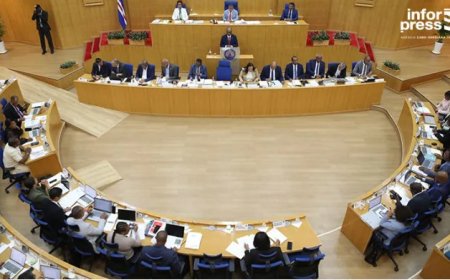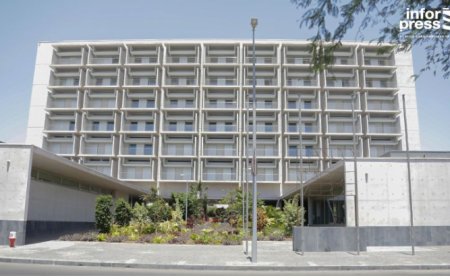In my view, there is a need to strengthen transparency in public life, which is why it is important to have a precise, serious and calm debate in the media, in order to provide support to the Parliamentary Groups and the Government so that they can present to Parliament, if they wish, legislative initiatives that, furthermore, establish clear criteria for appointments to positions in ministerial offices (special staff) and in senior administration (management staff and public managers), thus determining a common and unifying standard of procedures in this matter.
We have experiences in comparative law that, clearly distinguishing the different nature of each position, the different types of appointment, establish restrictions on the provision of the aforementioned functions, operating an exercise based on safeguarding proportionality, an insurmountable criterion to ensure the constitutionality of a reinforced transparency regime in public life.
Some foreign legislation that I consulted, namely Portuguese legislation, (Law no. 78/2019 of September 2, which establishes transversal rules for appointments to support offices for holders of political positions, Public Administration leaders and public managers),
in order to strengthen transparency in public life, it states that members of the Government cannot appoint to their respective cabinet or to senior management positions:
a) Their spouses or partners;
b) Their ancestors and descendants;
c) Their siblings and their respective spouses and partners;
d) Your ascendants and descendants of your spouse or partner;
e) Their relatives up to the fourth degree of the collateral line;
f) People with whom they have a relationship of adoption, guardianship or civil sponsorship.
It is clear that family members of members of the Government can be appointed to high-ranking positions in the direct public administration and, regardless of the degree of autonomy, indirect from the State, not directed or supervised by a superior or "supervised", respectively, by the respective family member who holds a ministerial portfolio, since, rightly so, there is no rule prohibiting or conditioning such appointment.
In order to ensure that the issue of transparency in public life ceases to be a source of controversy among the political parties in the governing coalition, Parliament must legislate on its reinforcement.
Eurico Pinto Monteiro






















































